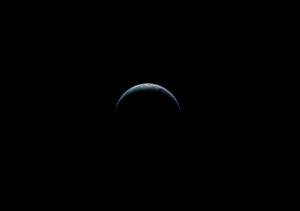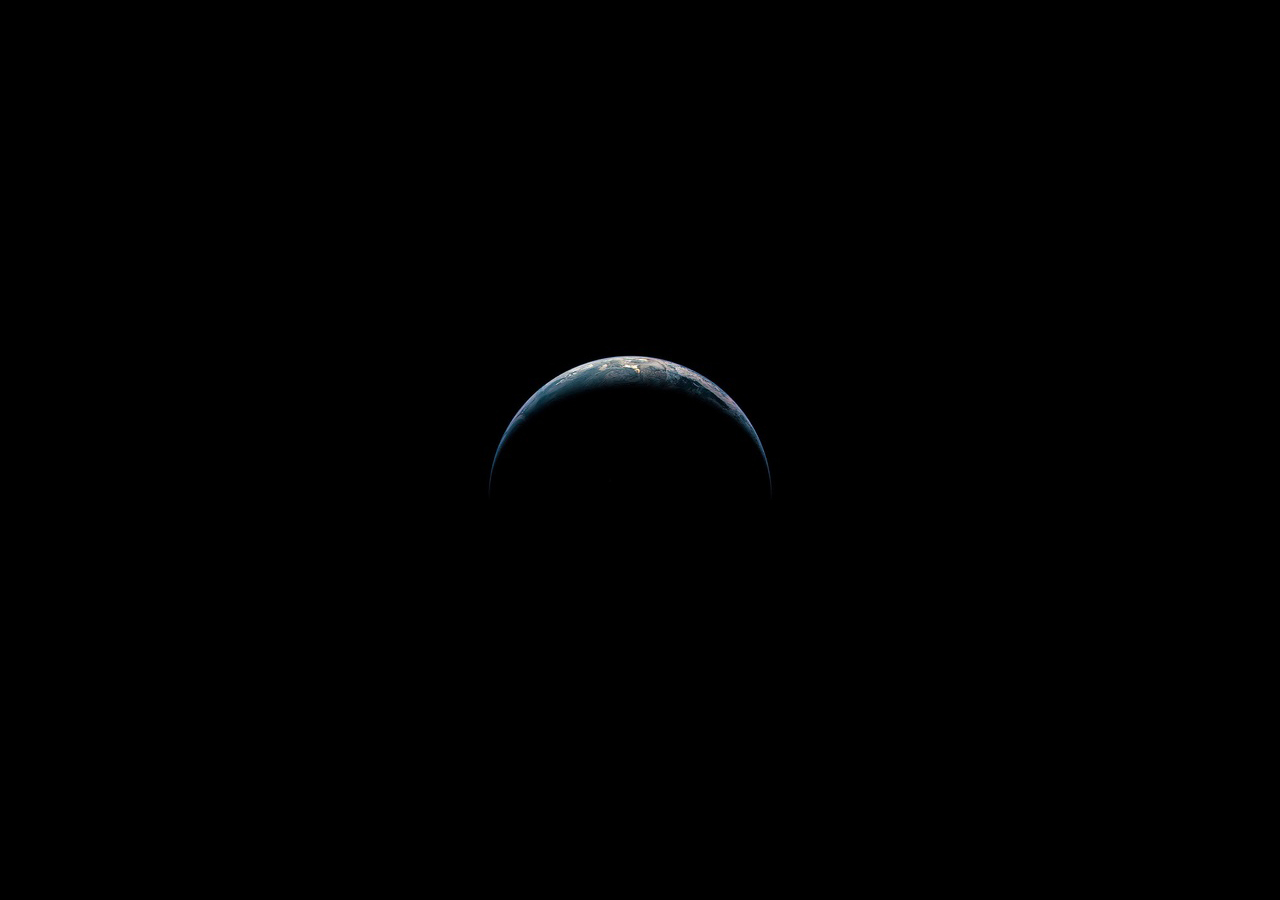This is an archive of prayers written for, or relevant to, the Fast of תִּשְׁעָה בְּאָב (Tishah b’Av, the 9th of the month of Av) in the Jewish calendar, commemorating the destruction of the first and second Temple in Jerusalem, among other catastrophes. Click here to contribute a prayer you have written for Tishah b’Av. Filter resources by Collaborator Name Filter resources by Tag Filter resources by Category Filter resources by Language Filter resources by Date Range
A translation in German and English of the ḳinnah “Sha’ali Serufah ba-Esh.” . . . Categories: Tags: Contributor(s): “Bore ‘Ad Anah” is a ḳinah recited in a number of Sephardic communities on Tishah b’Av (or in some cases on Shabbat Hazon, the Shabbat preceding Tishah b’Av), particularly in the Spanish-Portuguese and North African traditions. The author is unknown, but his name is likely Binyamin based on the acrostic made up of the first letters of the verses. In the kinah, the Children of Israel are compared to a wandering dove caught in a trap by predators, crying out its father, God. The ḳinah was likely written as a poignant response to the Spanish Inquisition, appropriate to Tishah b’Av since the expulsion of the Jews from Spain occurred on the 9th of Av in the year 1492. The version presented here was likely censored, as many manuscripts have the fifth verse presented in the following manner directly calling out their Catholic oppressors,” יועצים עליה עצות היא אנושה זרים העובדים אלילים שלושה אם ובן ורוח כי אין להם בושה גדול ממכאובי.” “They counsel against her and she languishes, the strangers who worship three idols, father, son and spirit, for they have no shame and great is my suffering.” . . . Categories: Tags: Contributor(s): “Brich aus in lauten Klagen” by Heinrich Heine was preserved in a letter he wrote to his friend Moses Moser dated 25 October 1824. The poem is included in Heinrich Heine’s Letters on The Rabbi of Bacharach, the manuscript of which only survived in a fragment, the rest having been lost, according to Heine, in a fire. The English translation here by Nina Salaman was transcribed from her anthology, Apples & Honey (1921) where it appears under the title of “Martyr-Song,” published at an earlier date in The Jewish Chronicle. . . . Categories: Tags: Contributor(s): Categories: Tags: Contributor(s): “Am Fasttage des vierten Monats” was translated/adapted by Yehoshua Heshil Miro and published in his anthology of teḥinot, בית יעקב (Beit Yaaqov) Allgemeines Gebetbuch für gebildete Frauen mosaicher Religion. It first appears in the 1829 edition, תחנות Teḥinot ein Gebetbuch für gebildete Frauenzimmer mosaicher Religion as teḥinah №28 on pp. 36-37. In the 1835 edition, it appears as teḥinah №28 on pp. 42-43. In the 1842 edition, it appears as teḥinah №30 on pp. 45-46. . . . Categories: Tags: Contributor(s): During the time before there was a State of Israel, those ideals in our hearts which we tried to practice and which we wanted others to practice, seemed not achievable where we were because, we felt we had no influence over our world where we were. And so, the longing for our homeland was tied into the longing for our dreams and our vision. Now that the state of Israel is with us, our dreams and our visions still remain distant from our lives and therefore when we say the Tisha B’av prayers we need to remind ourselves of the distance between that which we would have in this world and that which we do have. . . . Categories: Tags: Contributor(s): On Tisha be’Av, Jewish communities all over the world add a paragraph called Tefilat Naḥem (the prayer of comfort) to the standard daily Amidah (either for the afternoon service or for all services) praying for a return to Jerusalem. The traditional text discusses Jerusalem being defiled, in the hands of the idol worshipers, putting our people to the sword. But post-1967, Jerusalem has been under Israeli control, and this text has, to many people, felt no longer appropriate in the face of a Jerusalem being rebuilt. Many have written their own versions of a new Tefilat Naḥem for a Jerusalem under Israeli control, but I have felt dissatisfied with a lot of these. Some treat Jerusalem as already fully redeemed, which any glance at the news tells you isn’t the case. Others treat the major step in redeeming Jerusalem as building the Temple, but this seems to me to be only one eschatological part of a larger hope for Jerusalem. Jews have often considered the peace of Jerusalem to be a microcosm of the peace of all the earth. Thus for the Shabbat and Yom Tov Hashkivenu we pray for God to “spread the shelter of peace over us, all Israel, and Jerusalem.” The name Jerusalem, ירושלים, has been analyzed as “they will see peace” יראו שלום, since the peace of Jerusalem means all will see peace. But it’s clear that the peace of Jerusalem is not final or eternal, and it remains a city on the edge of a knife. So my version of Tefilat Naḥem prays not for a return, nor for a Temple, but for the peace of Jerusalem. It can be used at the same time as the standard Tefilat Naḥem (as an extension of the Birkat Yerushalayim in the Shmoneh Esreh for Tisha b’Av) or on its own. Thus I used four asterisks (a tetrapuncta) instead of God’s name, for those who would prefer to avoid a b’rakhah levatalah. Those who would prefer to use this blessing in the Amidah itself could replace the tetrapuncta with the name itself. . . . Categories: Tags: Contributor(s): Categories: Tags: Contributor(s): Categories: Tags: Contributor(s): Categories: Tags: Contributor(s): Categories: Tags: Contributor(s): Categories: Tags: Contributor(s): This prayer and “A Prayer for Knowledge of the Messiah” were published as “Two Short Prayers” with a lengthy introduction probably penned by Isaac Leeser in the Occident 9:5, Ab 5611/August 1851, p.253-255. . . . Categories: Tags: Contributor(s): A prayer for the 9th of Av, the anniversary of the destruction of Jerusalem. . . . Categories: Tags: Contributor(s): A supplicatory prayer for mourning on Tish’a b’Av. . . . Categories: Tags: Contributor(s): A prayer for Tisha b’Av. . . . Categories: Tags: Contributor(s): “The City of Light” is a poem written by Felix Adler. The earliest publication I could find for it dates to 1882, in Unity: Freedom, Fellowship and Character in Religion vol. 8, no. 12 (16 Feb. 1882), p. 477. . . . Categories: Tags: 19th century C.E., 57th century A.M., English poetry, Ethical Humanism, ירושלם Jerusalem, mortality, משיח Moshiaḥ, Paris Commune, Prayers as poems, Siege of Paris (1870–1871), universalist, we are the music makers Contributor(s): Categories: Tags: Contributor(s): “That Religion Be Not a Cloak for Hypocrisy,” by Rabbi Mordecai Menaḥem Kaplan can be found on p. 435-5 of his The Sabbath Prayer Book (New York: The Jewish Reconstructionist Foundation, 1945). . . . Categories: Tags: 20th century C.E., 58th century A.M., communal shame, corruption, difference disagreement and deviance, English vernacular prayer, false piety, חלול ה׳ Ḥillul Hashem, improper use of the crown, inclusion and exclusion, labor exploitation, Psalms 5, religious hypocrisy, tolerance and intolerance Contributor(s): This untitled prayer written by Isaac Bashevis Singer on the back of a receipt (dated 1 March 1952) was discovered by David Stromberg in 2014 in the archives at the Harry Ransom Center in Austin, Texas, and published online by Tablet (1, 2) with permission of the Susan Schulman Literary Agency. . . . Categories: Tags: Contributor(s): |



